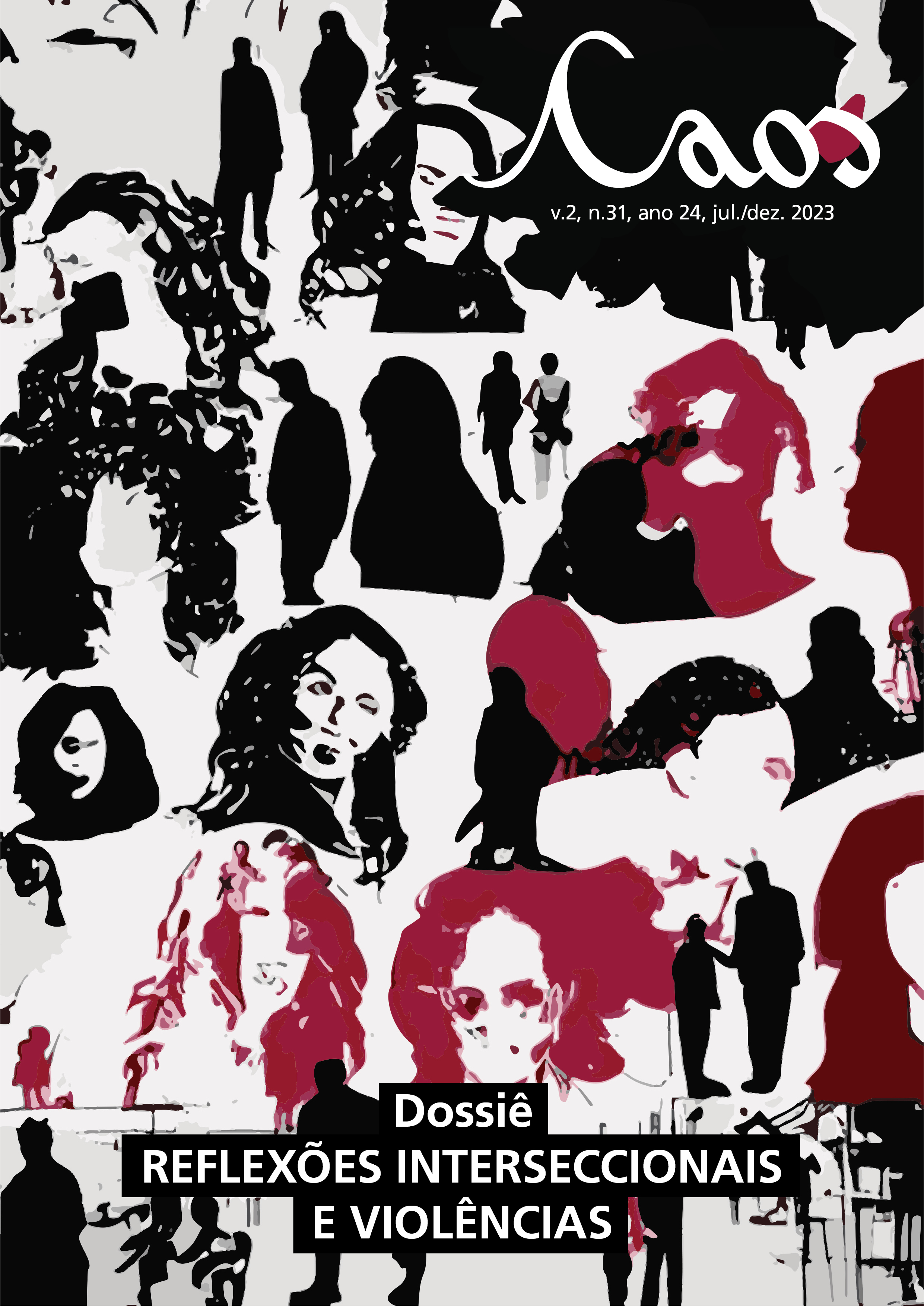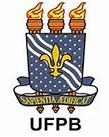EXPERIENCES OF CRIMINAL SUBJECTION OF YOUNG EX INTERNEES OF THE SOCIO-EDUCATIVE ATTENDANCE FOUNDATION OF PERNAMBUCO (FUNASE/PE): an intersectional perspective
DOI:
https://doi.org/10.46906/caos.n31.67597.p45-69Keywords:
intersectionality, youth in conflict with the law, criminal subjection, socioeducational system.Abstract
This article proposes an intersectional approach to analyze the experience of young individuals who have emerged from the Fundação de Atendimento Socioeducativo (Foundation for Socioeducational Assistance) – FUNASE and their encounters with criminalization. The primary focus of this study lies in the investigation of how categories such as race and social class play a role in the criminalization and incrimination of these former socio-educational participants of FUNASE, as well as how these factors impact their vulnerabilities. The analyses of the narratives presented are based on in-depth interviews conducted — as part of my master's thesis (SILVA, 2022) — with young individuals who have left the socio-educational system in Pernambuco. Thus, the experiences of these young individuals are examined to unveil the complex ways in which identities and oppressions intersect and shape their experiences of criminal subjection, shedding light on issues such as stigmatization, challenges in social reintegration, difficulties in accessing opportunities and rights. Furthermore, the use of intersectionality helps us recognize the structural inequalities that influence the incrimination of these young individuals, contributing to the perpetuation of stereotypes and prejudices, as well as hindrances in accessing fundamental rights. It also aids in understanding the complexity and interconnection of oppression systems present in criminal subjection.
Downloads
Metrics
Published
Issue
Section
License
Copyright (c) 2023 Elãine dos Santos Dias da Silva

This work is licensed under a Creative Commons Attribution-NonCommercial 4.0 International License.
A Caos é regida por uma Licença da Creative Commons (CC): CC BY-NC 4.0, aplicada a revistas eletrônicas, com a qual os autores declaram concordar ao fazer a submissão. Os autores retêm os direitos autorais e os de publicação completos.
Segundo essa licença, os autores são os detentores dos direitos autorais (copyright) de seus textos, e concedem direitos de uso para outros, podendo qualquer usuário copiar e redistribuir o material em qualquer suporte ou formato, remixar, transformar e criar a partir do material, ou usá-lo de qualquer outro propósito lícito, observando os seguintes termos: (a) atribuição – o usuário deve atribuir o devido crédito, fornecer um link para a licença, e indicar se foram feitas alterações. Os usos podem ocorrer de qualquer forma razoável, mas não de uma forma que sugira haver o apoio ou aprovação do licenciante; (b) NãoComercial – o material não pode ser usado para fins comerciais; (c) sem restrições adicionais – os usuários não podem aplicar termos jurídicos ou medidas de caráter tecnológico que restrinjam legalmente outros de fazerem algo que a licença permita.
Recomendamos aos autores que, antes de submeterem os manuscritos, acessem os termos completos da licença (clique aqui).
















